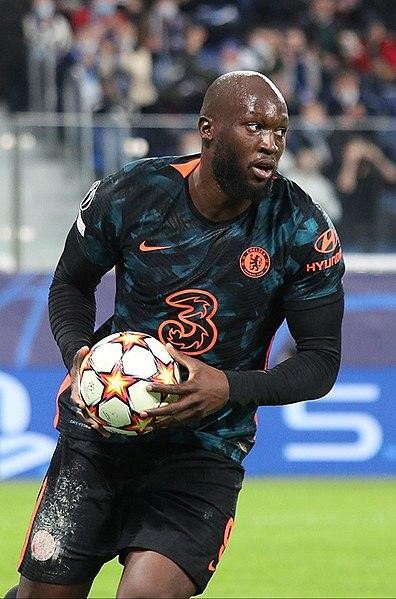Why has Chelsea’s Romelu Lukaku struggled to replicate his Inter Milan heroics?

Romelu Lukaku has struggled to replicate his impressive success at Inter Milan after returning to Chelsea for a second spell.
His possession game has deteriorated, his shots have become more imprecise, and most importantly, his goal tally has fallen far short of expectations.
Of course, you can expect us to applaud Lukaku's output of just 12 goals for Chelsea this season, with no assists. Even with free bet offers, punters are wary of including him as a scorer in any match.
How did it get so bad for Lukaku? More specifically, what is the source of his problems at Chelsea?
Let's have a look at the most likely reasons.
1. Chelsea's tactics
Antonio Conte used a 3-5-2 formation at Inter Milan, a fast-paced counter-attacking style of play in which the players were free to attempt shots in the box.
Lukaku was able to see more of the ball because of this fluid movement, which provided him with adequate room to attempt shots and tap-ins.
However, this is not the situation in Chelsea. Thomas Tuchel prefers a 3-4-2-1 system and a possessive style of play in which players keep control of the ball. This is evident in their 61% possession rate thus far this season.
Furthermore, because the midfielders are allowed enough opportunity to venture forward and try out shots, Lukaku as a striker continues to be starved of service.
These tactics appear to contradict Lukaku's preferred style of play. This is because he is a player not famed for dribbling skills, preferring service and space to shoot.
2. The Premier League's physicality
The last place you expect a jolly easy ride as a player is the Premier League. This is evidenced by the fact that even the bottom-placed teams engage in active physicality and demonstrate strength and resilience.
Even the best teams are repeatedly outrun by supposed underdogs and soundly defeated when least expected.
Modern teams like Liverpool and Manchester City require their attackers to run around the pitch the whole time, as we repeatedly see the likes of Sadio Mane and Bernado Silva tracking back to help their defences.
Lukaku struggles to meet up with these intense physical demands. He doesn't have a big stomach for the endless running that characterizes the Premier League.
Furthermore, in the Italian League, Lukaku's physical build allowed him to bully his way through the defenders whenever he was on the ball.
This is not the case in the Premier League, where every rival side has tenacious defenders who are always up for a duel. Lukaku has struggled to burgle his way through these defenders, leaving him with fewer chances in the box.
3. Preferences ahead of him
Lukaku most likely expected to be handed the striker's starting shirt when he arrived at Stamford Bridge. So far, this hasn't happened.
Chelsea have several strikers, and most of them are reliable when called upon. Kai Havertz and Mason Mount are among them. These two are better than Lukaku at carrying the ball.
As a result, Thomas Tuchel occasionally prefers them to Lukaku, limiting the time he can play and denying him the much-needed consistency he needs to hit top form again.
4. The No. 9 Curse?
There is a prevalent superstitious belief that players who wear the number 9 shirt at Stamford Bridge are cursed. This popular belief holds that no matter how good a player is at his former club, he will always underperform when wearing the number 9 jersey.
This superstitious belief appears to be justified, as previous players' performances seemed to deteriorate once they put on the shirt.
Radamel Falcao, Gonzalo Higuain, Fernando Torres, Alvaro Morata, and, most recently, Romelu Lukaku are some of the most well-known footballers in this unfortunate clan.
On a lighter note, that shirt number should be cleansed before the next player wears it!
Conclusion
Lukaku's form has steadily declined since joining Chelsea for a second time. He appears to be getting less of the ball, as seen by his 22 touches in his last encounter against Arsenal, the fewest of any outfield player in the game.
Many causes, as stated in this article, play a role in his continued poor performance. We're hoping that this is simply a blip on the radar and that he'll be back to his best soon.
